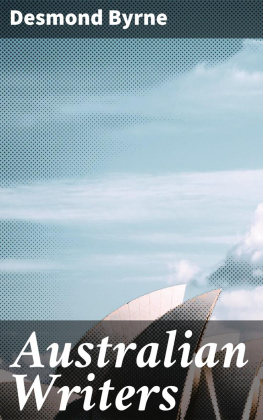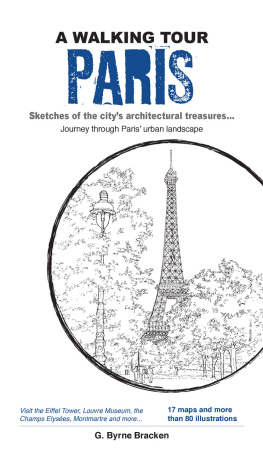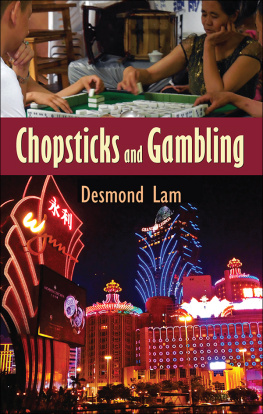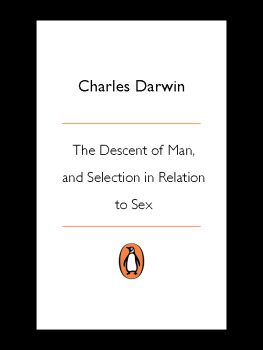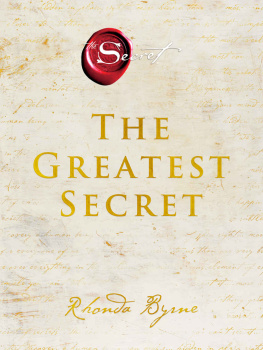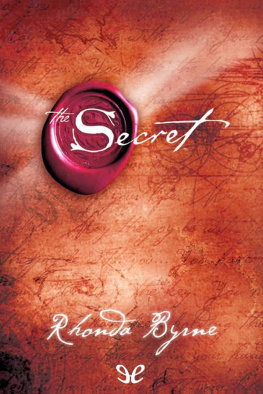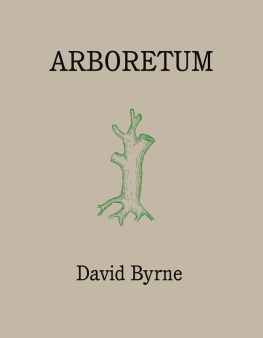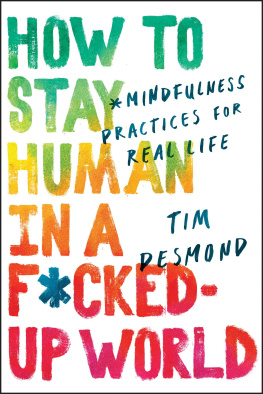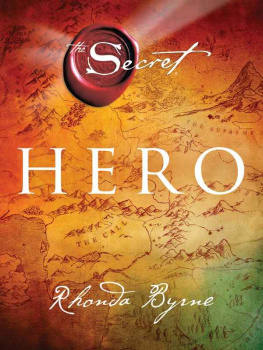[p ]
INTRODUCTION.
Table of Contents
Any survey of the work done by Australian authors suggests a question as to what length of time ought to be allowed for the development of distinctive national characteristics in the literature of a young country self-governing to the extent of being a republic in all but name, isolated in position, highly civilised, enjoying all the modern luxuries available to the English-speaking race in older lands, and with a population fully two-thirds native. The common saying that a country cannot be expected to produce literature during the earlier state of its growth is too vague a generalisation. There are circumstances by which its application may be modified. It certainly does not apply with equal force to [p ] a country whose early difficulties included race conflicts, war with an external power and political labours of great magnitude, and to another whose commercial and social development, carried on under more modern conditions by a people almost entirely homogeneous, has been facile, unbroken and extraordinarily rapid.
Nor can paucity of literary product, where it exists, be satisfactorily explained by the unrest that continues in a new land long after it has attained material prosperity and the higher refinements of life. The Americans are a type of an extremely restless people. They have been so throughout the greater part of their history, and the characteristic is now more marked than ever. It is a fixed condition of their national being, an expression of the cumulative ambition that is the source of their varied progress. Yet from time to time men have arisen among them who not only have given intimate views of a new civilisation, but have added something to the permanent stock of what Matthew Arnold used to call the best that is known [p ] and thought in the world. Even when the independent nationhood of the United States was still but an aspiration, Benjamin Franklin had familiarised Europe with much that has since been recognised as inherent in the modes of thought and manners of the Western race.
The bulk of the literature of America is, of course, still small in proportion to the culture and intellectual energy of the country; but it has been and is sufficient to interpret in a more or less distinctive way all the leading phases in the evolution of the national thought and sentiment. The subtle influence of the deeply-grounded religious feeling which, implanted by the Puritan pioneers, has survived generations of intense absorption in material progress and the distractions that modern life offers to the possessors of newly-acquired wealth; the pride of the people in their independence, and their natural tendency to overrate it in comparison; with the conditions of other countries; the contrasts furnished by a society fond of reproducing European habits, yet retaining a [p ] simplicity and freshness of its own: these and other features in the progress of the United States for over a century may be found expressed in its literature from the native standpoint, and not merely from that of the intelligent outside observer.
An American writer in discussing, a few years ago, the quality of the literature produced before the War of Secession, when wealth and leisure were abundant among the planters and in the principal New England towns, observed that there would seem to be something in the relation of a colony to the mother-country which dooms the thought and art of the former to a hopeless provincialism. If a comment so largely fanciful could be made respecting Australasia and Canada, it would practically meanat all events from the American point of viewthat as long as they remain dependencies of Great Britain, and therefore lack the stimulus of an active patriotism, so long will much of whatever is individual in their social development and national aspirations be without expression. In the case of the Australasian [p ] colonies it would further mean (apart from any consideration of their future independence) that a people far removed from other communities of the same race and already giving promise of being the greatest power south of the equator, must continue for an indefinite period to be wholly sustained and swayed in matters of thought and art by a country over twelve thousand miles distant that happens for the present to offer the most convenient markets in which to buy and sell. The point need hardly be discussed, but it suggests some facts in the intellectual life of Australia that it will be of interest to name. These may not be found to explain why there is yet no sign of the coming of an Antipodean Franklin or Irving, or Hawthorne or Emerson; but they will help to show why the literature of the country grows so unevenly, why it is chiefly of the objective order and leaves large tracts of the life of the people untouched.
Perhaps the paradox that a people may read a great deal and yet not be interested in literature could hardly be applied to the [p ] Australians, but it is a fact that they make no special effort to encourage the growth of a literature of their own. By no means unconscious of their achievements in other directionsin political innovations, in sport and athleticsthey appear not to take any pride in or see the advantage of promoting creative intellectual work. Will this be considered natural and reasonable, as already they are supplied with books and plays and pictures from England and Europe, or as a proof of thoughtlessness and neglect? Why, asked a critic in the Edinburgh Review in 1819, should the Americans write books when a six weeks passage brings them, in their own tongue, our sense, science, and genius in bales and hogsheads? Are the Australians of these days asking themselves a similar question? It would seem so. In 1894 they imported books, magazines and newspapers from the United Kingdom to the value of 363,741: this, too, at a time when most of the colonies were understood to be rigidly economising in consequence of a financial crisis. A decade before the [p ] amount was not far short of a hundred thousand pounds higher.
Foremost in his list of the salient intellectual tendencies of the native population of the United States Mr. Bryce places a desire to be abreast of the best thought and work of the world everywhere, and to have every form of literature and art adequately represented and excellent of its kind, so that America shall be felt to hold her own among the nations. And he further attributes to them an admiration for literary or scientific eminence, an enthusiasm for anything that can be called genius, with an over-readiness to discover it.




